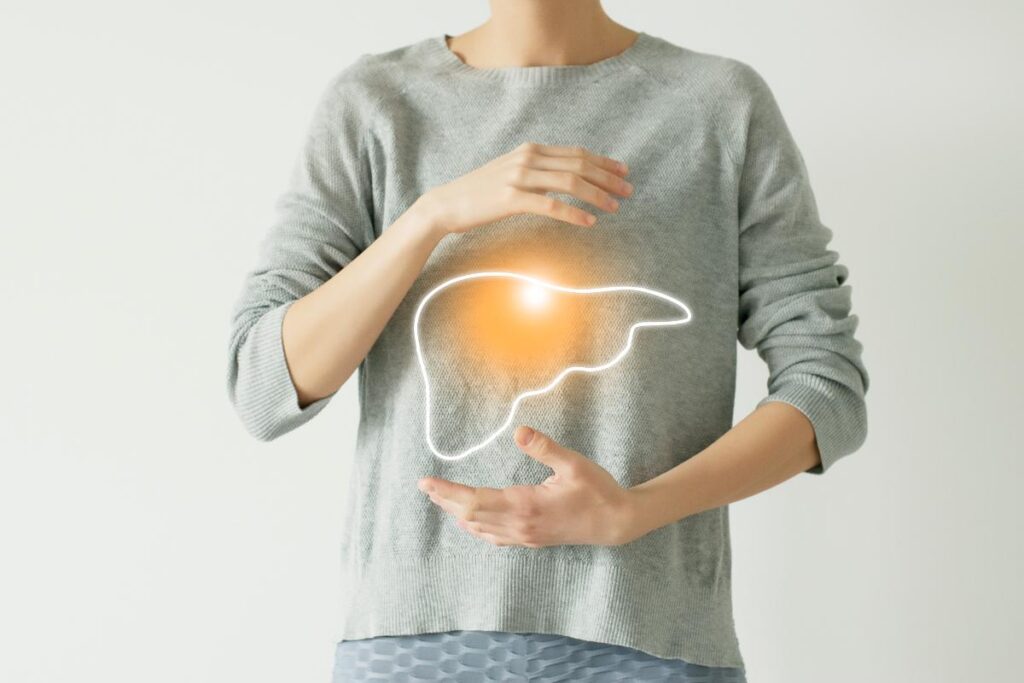If you or someone you care about is struggling with addiction to prescription painkillers like Roxicodone and could use substance abuse treatment, know that quality services are available. The caring team at The Right Step is here to help you navigate this challenging time, and you can reach us at 17135283709 or by online message. Staff at our Brentwood, TN corporate site can help you determine whether one of our treatment centers in Tennessee, Florida, Massachusetts, Pennsylvania, or Texas might be a good fit for you or your loved one.
What Is Roxicodone and Why Is It Addictive?
Roxicodone is simply a brand name for oxycodone and refers to the hydrochloride salt form of the drug. Other brand names associated with the drug oxycodone are Oxycontin, Oxycet, and Percocet. The various name brands of oxycodone present the drug in various concentrations and formats, and some also combine it with milder painkillers. For example, Percocet is composed of both oxycodone and acetaminophen.
Oxycodone is a potent painkiller that falls into the larger class of drugs called opioids, aka narcotics. As such, it is heavily regulated and is only legally available by prescription. Doctors prescribe it to patients dealing with severe pain, such as that following major surgery. Oxycodone is derived from the opioid codeine and is about half as strong as morphine milligram for milligram.
While the drug can be incredibly useful as a short-term analgesic when used as intended under a physician’s guidance, it also has a high potential for abuse and addiction. This is because it directly and powerfully impacts the brain’s reward center by flooding it with the chemical dopamine.
Dopamine, a key neurotransmitter or messenger molecule, is responsible for motivation and the experience of pleasure and reward upon achievement. When a person habitually uses opioids, their natural dopamine circuit is disrupted, and the brain effectively forgets how to regulate this important chemical on its own. The person then craves the drug as a way to achieve a basic semblance of normalcy and avoid increased pain. In this way, chemical dependency forms, and the behavior patterns of abuse may take over a person’s life.
What Signs of Roxicodone Abuse Should I Be On the Lookout For?
There are a number of signs that you or a loved one may have transitioned from legitimate Roxicodone use to abuse. Here are a few key behaviors and social changes to watch for:
- Ingesting more than one’s prescribed dose in a sitting, for example, taking two or three pills instead of one
- Stealing another person’s prescription or finding other ways of obtaining more of the drug, such as “doctor shopping” for multiple providers or falsely claiming to have lost one’s pills in order to obtain a refill
- Drinking alcohol or taking other drugs while using Oxycodone at the same time
- Grinding up and snorting pills instead of taking them orally as directed
- Withdrawing from work, school, hobbies, or other activities that previously provided a sense of joy or fulfillment
- Trouble connecting with loved ones
- Recurring low energy or fatigue, which might be coupled with opioid use disorder symptoms such as severely depressed heart rate or breathing
Help and hope are available for those struggling with Roxicodone abuse and addiction. All you have to do is take the first step.
Get Help for Roxicodone Abuse at The Right Step
While opioid addiction is quite serious and can prove deadly, with professional treatment, recovery is also very possible. Consulting with a doctor or addiction specialist sooner rather than later can be a game-changer in ensuring the best odds of regaining lasting freedom from chemical dependency. Call the qualified team at The Right Step at 17135283709 or reach out to us online to get started.






